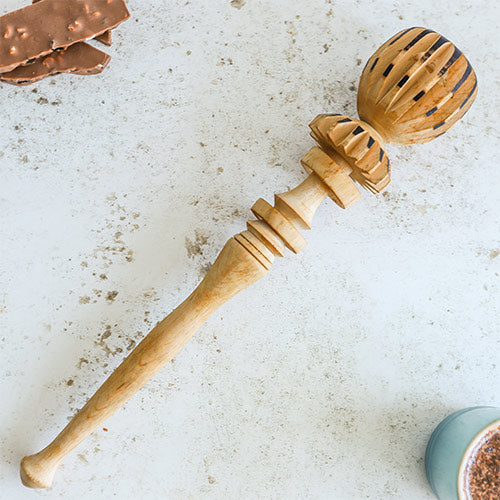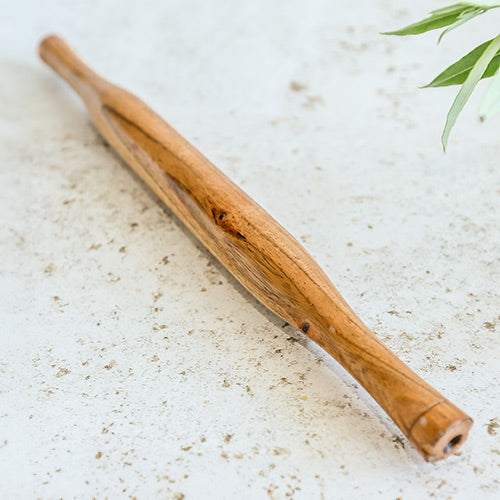The question of whether kids should have a drink with their meals is a topic that has been debated for years. Many of us grew up with different rules around drinking during meals, with some being told not to drink water while eating, fearing it would fill us up or interfere with digestion. But is this old-school belief based on fact? In this article, we explore the pros and cons of having a drink with meals, what science says about hydration during eating, and how it affects digestion and overall health.
My experience with drinks at mealtimes
When I was growing up, for some reason I was never allowed a drink with my main meal. I remember asking consistently each dinner time for some water, and it was not allowed. I even tried making it myself. However, I would always be told ‘stop drinking water, you’re going to fill yourself up on it.
The benefits of having a drink with your meal

Drinking water during or after meals can support digestion by helping break down food and making nutrients easier for the body to absorb. However, not all drinks are equally beneficial. For instance, drinking tea with a meal can be harmful as its acidity may interfere with digestion. The acid from tea can even cause protein to harden, making it harder for the body to digest.
Water and milk, on the other hand, can ease the discomfort caused by spicy foods. Water with lemon slices may help clean the palate, enhancing the food’s flavors and making the meal more enjoyable. Additionally, drinking liquids while eating helps prevent choking by stimulating saliva production, which aids in breaking down food.
Proper hydration is essential for overall health. It supports digestion, boosts energy, enhances nutrient absorption, and helps prevent constipation. Water also plays a key role in transporting vitamins and minerals throughout the body, promoting optimal cell function. Staying hydrated boosts mental clarity, maintains healthy skin, regulates body temperature, lubricates joints, and aids in detoxification by supporting kidney function and flushing out waste.
How much water should kids drink during meals?
Kids should drink enough water to stay hydrated without overfilling themselves. A general recommendation is around 1 cup (8 oz) of water during a meal. However, this can vary depending on the child’s age, size, and activity level. It’s important to monitor how much they drink to ensure they’re not drinking too much, which could reduce their appetite.
The Negatives of drinking water with a meal

Some argue that drinking liquids during meals can fill children up, causing them to eat less and potentially waste food. While drinking water does boost metabolism, cleanse the body of waste, and act as an appetite suppressant, it can also reduce overall food intake. This could result in more food being wasted, even though it might be healthier for the individual.
For those looking to lose weight, specialists recommend drinking water with meals to help reduce calorie intake while keeping you hydrated. Water causes the stomach to expand, promoting a feeling of fullness. However, experts suggest that water-rich foods—like cucumbers, lettuce, courgettes, and radishes—may be even more beneficial, as they provide hydration along with important nutrients and help maintain optimal cell function.
What is the best drink to have with a meal?
Different drinks can impact digestion in various ways when consumed during meals. Carbonated drinks can disrupt digestion, causing bloating, discomfort, and slowing down the digestive process due to their caffeine, carbonation, and sugar content. Water is one of the best drinks for digestion, as it helps break down food and prevents constipation, though too much can dilute stomach acids. Fresh fruit juices, especially those rich in fiber, can aid digestion, but juices high in sugar, such as store-bought varieties, may cause bloating and discomfort.
Milk, which is rich in fat and protein, can slow digestion and cause issues for those with lactose intolerance. Lemon water, meaning water with a slice of lemon, is often recommended to support digestion, as the acidity from the lemon helps stimulate digestive juices. However, it’s important to use just a slice or small amount to avoid potential stomach irritation.
Drinks with meal - Frequently Asked Questions
Can drinking water with a meal cause bloating?
Drinking a moderate amount of water during meals generally does not cause bloating. However, consuming too much water quickly, especially carbonated water, may lead to bloating or discomfort. It's best to drink small sips throughout the meal to avoid overloading the stomach.
Is there a difference between drinking cold vs. warm water with meals?
Drinking cold water is unlikely to have a significant effect on digestion for most people. However, warm or room-temperature water may be easier on the digestive system as it doesn’t require the body to expend extra energy to warm it up. Warm water can also help relax the digestive tract, improving digestion slightly.
Does drinking water with meals interfere with nutrient absorption?
Drinking water in moderation during meals does not interfere with nutrient absorption. However, consuming excessive amounts of water can dilute stomach acid, which may slow digestion. To optimise digestion, it’s best to drink water in moderation, before or after a meal, rather than during the entire meal.
Is there a specific time during a meal that’s best for drinking water?
It's best to drink water before and after meals to help digestion and stay hydrated. Drinking water 30 minutes before a meal can help prepare your stomach for digestion, and drinking water after a meal helps with nutrient absorption and aids in the elimination of waste. Sipping small amounts during a meal is also fine, but avoid drinking large quantities at once.
How can I avoid drinking too much water during meals and still stay hydrated?
To stay hydrated while avoiding drinking too much during meals, aim to sip water slowly throughout the day. Consider drinking a glass of water before meals, and keep a bottle of water with you to drink between meals. This way, you'll maintain hydration without feeling overly full during mealtime.
Are there any other drinks besides water that can improve digestion during meals?
Herbal teas like peppermint, ginger, and chamomile are known to help digestion. Ginger, in particular, can soothe the stomach and improve digestion, while peppermint can relieve bloating. Lemon water (water with a slice of lemon) is also a popular choice as its acidity can stimulate digestive juices. Just make sure to avoid drinks that are too acidic or sugary, as they may cause discomfort.
Is there a best drink for specific types of meals?
For spicy foods, drinking milk or water with a slice of lemon can help soothe the burn and cleanse the palate. Water is always a great option for any meal to aid in digestion and hydration. For heavy or greasy meals, herbal teas like peppermint or ginger tea can help with digestion and reduce bloating. Avoid sugary or carbonated drinks, as they may make digestion more difficult and cause discomfort.










